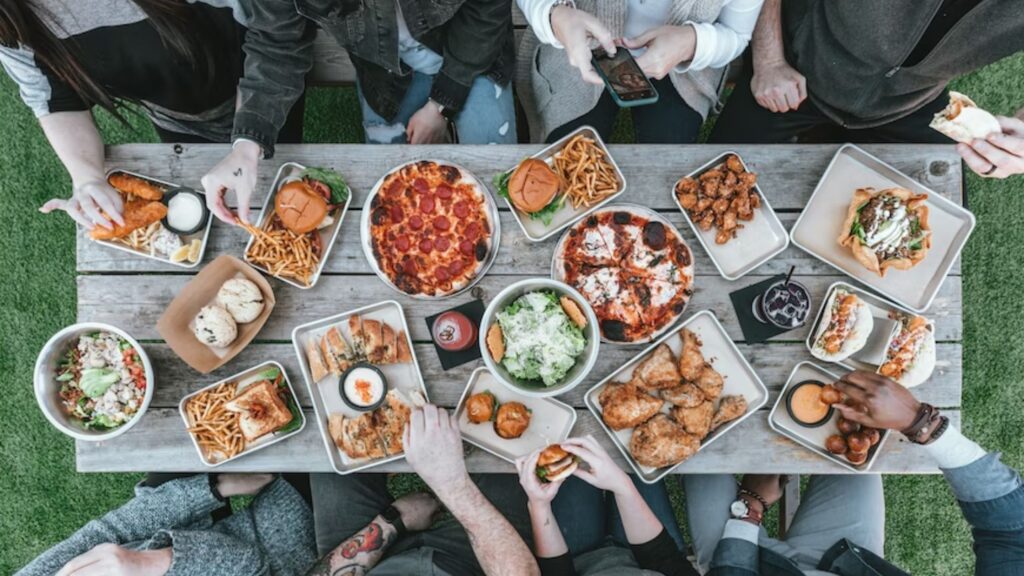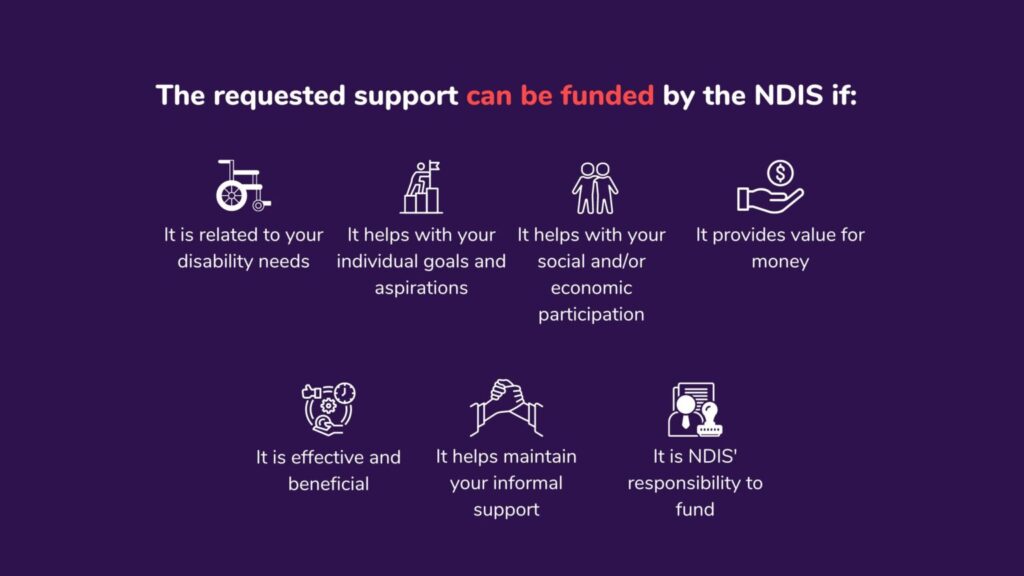Blog post originally written by Shannyn Thatcher of The Realeatitian.
Nutrition is at the heart of everyone’s physical, emotional and cognitive functioning. It’s such an important part of people’s lives, yet it can also generate large amounts of stress and worry.
At times, people will hide from dietitians in the supermarket or give an uneasy look at dinner parties, until they understand what dietitians actually do. It’s not all about the food pyramid and weight loss.
If you’ve ever wondered what an Accredited Practising Dietitian (APD) actually does or if you are perhaps that tad bit more curious now, we invite you to read on.
Do you or someone you know:
- Struggle to eat more than 20 foods?
- Have an interest in blended diets or blended tube feeding?
- Struggle to eat due to fatigue or lack of appetite?
- Find particular textures, smells, colors or temperatures of foods challenging?
- Find mealtimes stressful, overwhelming or challenging?
- Need support with preparing balanced meals?
- Have concerns around the way your/their body looks or feels?
- Feel guilty when eating certain foods?
- Restrict or limit foods or food groups?
- Feel dissatisfied with your/their body or body image?
- Wonder if previous attempts to lose weight are actually healthy or helpful?
If you have answered yes to any of the above, an experienced NDIS APD can help.
The Realeatitian supports individuals to:
- Become more comfortable accepting a broader range of foods to expand their food choice, enabling enjoyment in the world of food.
- Decrease mealtime stress and promote fun and meaningful mealtimes among families.
- Transition towards blenderised tube diets for individuals who are PEG-fed and interested in this method of feeding.
- Form healthy and happy relationships with food and body.
- Bring back the joy surrounding eating.
Dietitians can certainly assist in many ways.
Here are some tips to get you started…
- Be kind to yourself. Treat yourself the way you will treat a loved one. Studies show that nearly three quarters of us are dissatisfied with our appearance in some way. You don’t have to love your body, but you do need to respect it. When feeling down, say aloud 3 amazing things your body can do. E.g. “My body allows me to hug my loved one.”
- Food and mealtimes bring far more than just nutrients. Yes, we’re grateful for the vitamins and minerals, but we also gain pleasure, connection, a sense of belonging and community, enjoyment, ritual and security. Your birthday cake could be the most meaningful food of your entire year. Sitting at the dinner table with your family after a hard day at school could bring all the comfort needed to feel the courage to go back again tomorrow. Food is so much more than nutrients.
- Children have innate abilities to regulate their appetite and intake. Take a deep breath and trust that they will eat if and when they need to. Dietitians have a bit of a motto for healthy, growing children: it’s your job as caregiver to provide nourishing food options and a safe eating environment. It’s your child’s job to decide what and how much they will eat (and if they will eat at all!).
- Sometimes you or your child may need a little extra help. There are so many choices that we make when deciding what food we would like to eat (would I like a sweet or salty dish?; would I like a hot or cold dish?; I feel like eating a white food object; is there one available?). All of these considerations and more can make mealtimes and food choice a bit of a mindfield. Putting pressure on yourself or on our little ones often only adds to the pressure we/they may already be feeling. Go easy yourself and your loved ones and try lending an ear to understand what might be going on in their world of food. Don’t be afraid to reach out for help if you do need a little direction or reassurance. Studies show feeding difficulties are quite common with 30-80% of children experiencing a feeding difficulty.
- Have a food that you enjoy each day. Choose it with love and care and savour it. Whatever it is, it’s officially Dietitian approved.
[minti_divider style=”1″ icon=”fa-phone” margin=”60px 0px 60px 0px”]
Many families will be eligible to receive dietitian support through their NDIS plans. You may be able to access general NDIS dietitian support by using these budgets:
- Capacity Building – Improved Daily Living: Dietitians can be accessed as part of your regular allied health budget.
- Capacity Building – Improved Health and Wellbeing: Sometimes, dietitians will have dedicated funding in this category.
- Core – Assistance with Daily Living: As a last resort, ask your support coordinator if there are core funds available to initiate dietetic support.
Here’s a general guideline to understand if a requested support can be funded by the NDIS:
The Realeatitian
- Phone: 0435 196 584
- Email: admin@therealeat.com
- Website: www.therealeat.com





